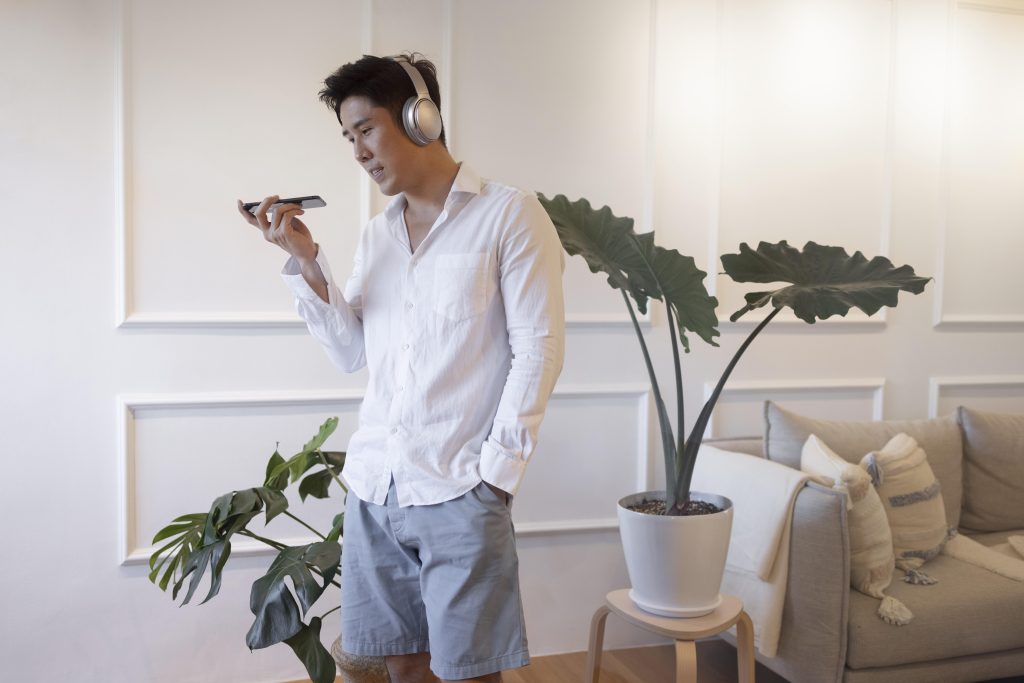In today’s fast-paced world, complexity often holds us back. But what if the key to tackling life’s toughest challenges lies in simplicity in problem-solving? Embracing simplicity could be the key to finding more effective solutions.

The Power of Simplicity in Modern Life
When people think about solving problems, the instinct is often to search for complex, high-tech solutions. However, simplicity has proven time and again to be the most powerful tool in many modern-day problem-solving approaches. It’s a principle found not just in lifestyle changes but also in tech, business, and even health care. As we delve into the emerging trend of simplifying problem-solving, we uncover why this strategy works.
Simplicity in Lifestyle: The Minimalism Movement
Over the past decade, minimalism has surged as one of the most impactful lifestyle trends. Whether in interior design, fashion, or daily routines, simplifying life through minimalism has been shown to reduce stress, increase productivity, and even improve mental health. According to experts, decluttering both your physical and mental space can help people focus on what truly matters.
- Less Stress: Studies show that a clutter-free environment reduces anxiety and boosts cognitive function (Baker, 2020).
- More Time: Simplifying your day-to-day tasks through efficient routines allows for more leisure time or productive work hours (Sharma, 2021).
As society faces rising stress levels, simplifying personal environments and routines has become a powerful antidote. This principle, often described as “less is more,” can also be applied to larger life challenges. Whether it’s paring down your commitments or streamlining your responsibilities, simplicity offers a way to regain control.
Simplicity in Technology: User-Centric Design
Another area where simplicity has made a significant impact is in the tech world. User-friendly, minimalist design is now the gold standard for digital products. Think about the rise of apps that offer clean interfaces and intuitive navigation – it’s not just about aesthetics, but also about solving problems more efficiently.
- User Experience (UX): Devices and apps with minimal design elements often make solving daily problems much easier. With fewer distractions, users can focus on the task at hand. The success of Apple’s user interface is a prime example of how simplicity breeds efficiency.
- AI and Automation: Simplifying complex tasks through AI and automation has made everything from scheduling to shopping more streamlined. These tools simplify everyday decisions, saving people both time and energy.
This trend towards simple, intuitive technology has reshaped how we approach even the most challenging problems in daily life, whether in work or leisure.
Simplicity in Health: Easy Solutions for Complex Issues
In the realm of health, simplifying the approach to wellness has helped countless individuals live healthier lives. The rise of simple, straightforward fitness apps, diet plans, and mental wellness practices is a testament to the power of simplicity. No longer do people have to invest in expensive or complicated health regimens.
- Fitness Simplified: Instead of expensive gym memberships or intense workout routines, people are turning to simple at-home exercises or step tracking. Apps like MyFitnessPal or basic bodyweight exercises provide accessible and effective solutions (Patel, 2022).
- Mental Health: Mindfulness and meditation practices, which require no special equipment, have gained popularity as effective ways to manage mental health. These practices are rooted in simplicity, focusing on the basics: breathing and awareness.
Health professionals emphasize that simplicity—whether it’s in the form of simple exercise routines or a basic meditation technique—can yield profound results.
Why Simplicity Works: The Psychology Behind It
The psychology of simplicity is rooted in cognitive ease. People are wired to avoid unnecessary complexity. When faced with a problem, the brain instinctively prefers simpler, clearer solutions over those that require more thought, effort, or time.
- Cognitive Load: Reducing cognitive load by making things simpler helps the brain to process information more efficiently. For example, a straightforward to-do list is more effective than a multi-step, confusing strategy for tackling tasks (Schwarz, 2021).
- Decisions Made Easy: Simple solutions also lead to quicker decision-making. When overwhelmed by too many choices, decision paralysis sets in. By limiting choices and focusing on what matters most, people make faster, more confident decisions.
This principle is increasingly applied in everything from personal goal-setting to business decision-making. Simple solutions, rather than over-complicating a situation, are often the most effective.
Implementing Simplicity: Practical Tips for Everyday Problem Solving
So, how can you embrace simplicity to solve your daily challenges? Here are a few actionable steps:
- Declutter Your Space: Clear out physical clutter to reduce mental clutter. Create designated areas for work, relaxation, and exercise.
- Limit Digital Distractions: Use apps like Focus or Forest to stay on track. Clear out unused apps and notifications that distract you from important tasks.
- Practice Mindful Living: Start each day with a moment of mindfulness or meditation. Focus on being present rather than rushing through your day.
- Streamline Your Routines: Evaluate your daily habits and eliminate time-wasting activities. Create a schedule that maximizes productivity and leisure.
- Use Technology Wisely: Leverage apps and devices that simplify tasks—whether it’s grocery shopping, work, or managing your health.
By applying these simple principles, you’ll notice a reduction in stress, more time for what matters, and a greater sense of accomplishment.
Conclusion: Simple Solutions for a Complex World
In a world overwhelmed by choices, schedules, and distractions, simplicity has become a superpower in problem-solving. By embracing minimalist approaches, focusing on what truly matters, and leveraging simple technology and health practices, we can unlock the power of simplicity to tackle the complexities of modern life.
References:
- Baker, A. (2020) The Benefits of Decluttering Your Environment. Available at: https://www.simplifyyourspace.com (Accessed: 1 July 2025)
- Sharma, R. (2021) How Minimalism Reduces Stress and Increases Focus. Available at: https://www.minimalismworld.com (Accessed: 1 July 2025)
- Schwarz, N. (2021) Cognitive Load and the Power of Simplicity. Available at: https://www.psychologytoday.com (Accessed: 1 July 2025)






